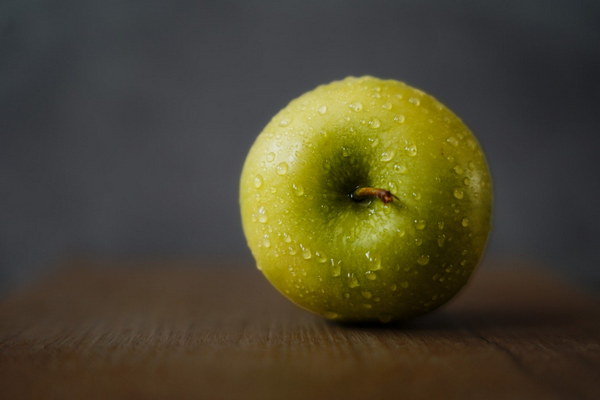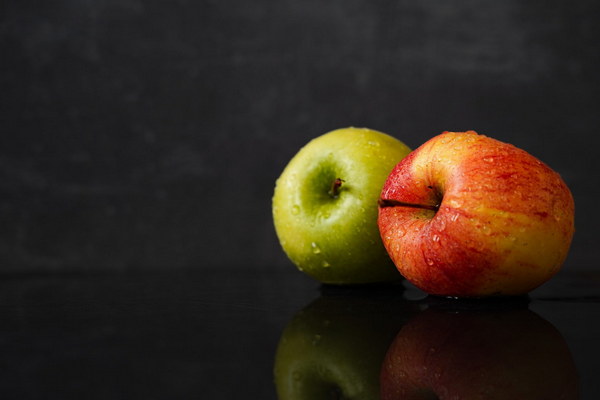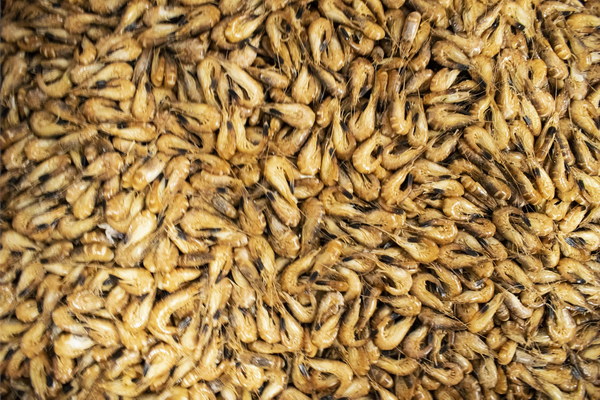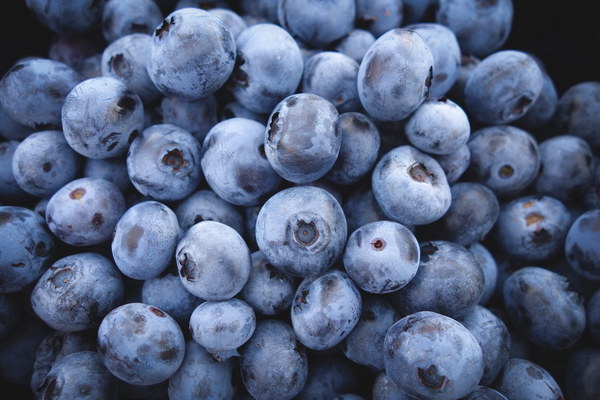Ancient Springtime Health Preservation A Traditional Chinese Dietetic Approach
As the world awakens from the long winter's embrace, the arrival of spring brings with it a sense of renewal and rejuvenation. It is a time when nature flourishes, and the human body also seeks balance and harmony. In ancient China, spring was considered a critical period for health preservation, and traditional Chinese medicine (TCM) offered a wealth of dietary recommendations to maintain vitality and wellness. This article delves into the principles of ancient springtime health preservation and explores the timeless wisdom of TCM dietetics.
Spring, according to TCM, is the season of the wood element, which corresponds to the liver and gallbladder in the body. These organs are responsible for the smooth flow of Qi (vital energy) and blood, as well as the regulation of emotions. Therefore, the focus during spring is to support the liver's function and prevent stagnation, which can lead to various health issues.
One of the fundamental principles of TCM dietetics is to align one's diet with the changing seasons. During spring, the diet should be light, easily digestible, and rich in nutrients that nourish the liver and gallbladder. Here are some key dietary recommendations for maintaining health during the spring season:
1. Green Vegetables: Spring is the perfect time to consume fresh, green vegetables such as bok choy, spinach, and asparagus. These vegetables are rich in chlorophyll, which helps to detoxify the liver and stimulate the production of bile, essential for digestion.
2. Herbs and Spices: Herbs like dandelion, milk thistle, and turmeric are known for their liver-cleansing properties. Spices such as ginger, turmeric, and cinnamon can help warm the body and promote circulation, aiding in the elimination of toxins.
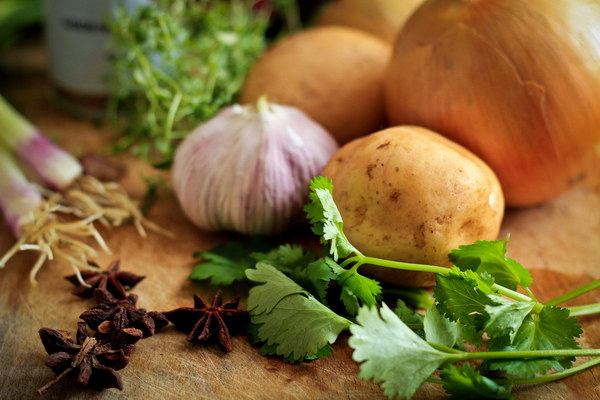
3. Nuts and Seeds: Almonds, walnuts, and sunflower seeds are excellent sources of healthy fats, vitamins, and minerals that support liver health. These foods also help to nourish the kidneys, which are closely connected to the liver in TCM.
4. Fish and Seafood: Cold-water fish such as salmon, sardines, and mackerel are high in omega-3 fatty acids, which have anti-inflammatory properties and support liver function.
5. Grains: Oats, barley, and quinoa are ideal grains to include in the spring diet. They are rich in fiber, vitamins, and minerals that help to nourish the liver and improve digestion.
6. Fruits: Fresh fruits like apples, pears, and kiwis are high in antioxidants and vitamin C, which can help to protect the liver from oxidative stress and support immune function.
7. Avoidance of Harmful Foods: It is essential to avoid or limit foods that can burden the liver and gallbladder during spring. These include fatty, fried, and processed foods, as well as excessive amounts of sugar and alcohol.
In addition to dietary adjustments, traditional Chinese medicine emphasizes the importance of other health-preserving practices during the spring season. These include:
- Regular exercise: Engaging in moderate physical activity, such as walking, tai chi, or yoga, can help to promote the flow of Qi and blood throughout the body.
- Adequate sleep: Ensuring sufficient rest and sleep is crucial for maintaining liver health and overall well-being.
- Stress management: Techniques such as meditation, deep breathing exercises, and spending time in nature can help to reduce stress levels, which are known to impact liver function.
In conclusion, ancient springtime health preservation in traditional Chinese medicine offers a wealth of wisdom that can be applied to modern life. By focusing on a balanced diet, incorporating liver-nourishing foods, and adopting other health-preserving practices, individuals can enjoy the benefits of springtime renewal and maintain optimal health throughout the year.
